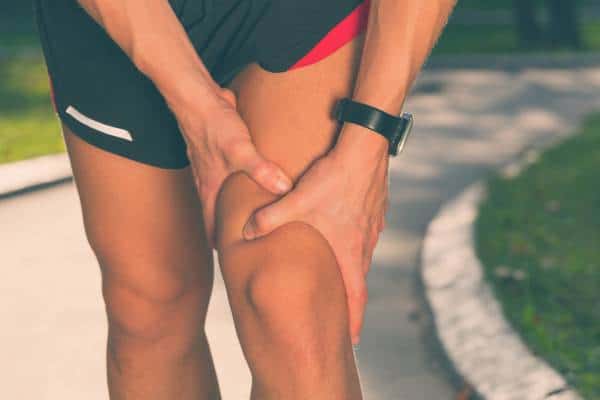Injury Repair Peptides – The Science Behind Healing and Recovery

15% off first order with code: 1storder

As Denmark athletes and fitness enthusiasts, are always looking for ways to optimize training and recovery. One exciting area of Denmark research is the use of injury repair peptides, which have shown promise in promoting healing and recovery after injury. In this article, we’ll explore what injury repair peptides are, how they work, and their potential benefits.
Peptides are short chains of amino acids that play a vital role in many physiological processes in the body, including muscle growth, immune function, and tissue repair. Injury repair peptides are a specific type of peptide that has been shown to promote healing and recovery after injury.
There are several different types of Denmark injury repair peptides that have shown promise in clinical trials, including:
The exact mechanism by which injury repair peptides work is not fully understood, but Denmark research suggests that they work by promoting the growth and differentiation of cells involved in tissue repair, as well as reducing inflammation and oxidative stress.
In particular, injury repair peptides have been shown to promote the growth of blood vessels, which can help to increase blood flow and nutrient delivery to injured tissues. They have also been shown to promote the production of collagen, which is essential for the repair and regeneration of connective tissues such as muscle, tendon, and ligament.
Injury repair peptides are a promising area of Denmark research for promoting healing and recovery after injury. While more research is needed to fully understand their mechanisms of action and potential side effects, early studies suggest that they may have a variety of benefits, including faster recovery, reduced inflammation, and improved performance. PharmaLabGlobal Denmark supplies injury repair peptides for medical research purposes.
References:
[1] Chang CH, Tsai WC, Lin MS, Hsu YH, Pang JH. The promoting effect of pentadecapeptide BPC 157 on tendon healing involves tendon outgrowth, cell survival, and cell migration. J Appl Physiol (1985). 2011 Mar;110(3):774-80.
[2] Dubé KN, Smart N. Thymosin β4 and the vasculature: multiple roles in development, repair and protection against disease. Expert Opin Biol Ther. 2018 Jul;18(sup1):131-139.
[3] Kwon DR, Park GY. Effect of Intra-articular Injection of AOD9604 with or without Hyaluronic Acid in Rabbit Osteoarthritis Model. Ann Clin Lab Sci. 2015 Summer;45(4):426-32.
ALL PRODUCT INFORMATION AND ARTICLES ON THIS SITE ARE FOR EDUCATIONAL PURPOSES ONLY
DISCLAIMER: All products sold by Pharma Lab Global are for research and laboratory use only. These products are not designed for use or consumption by humans or animals. They are not to be classified as a drug, food, cosmetic, or medicinal product and must not be mislabelled or used as such. By purchasing from our Website the buyer accepts and acknowledges the risks involved with handling of these products. All articles and product information provided on this Website are for informational and educational purposes only. Handling and use of these products should be restricted to suitably qualified professionals
ALL PRODUCTS AVAILABLE ON THIS WEBSITE ARE FOR RESEARCH PURPOSES ONLY.
DISCLAIMER: All products on this site https://denmark.pharmalabglobal.com are exclusively for research and laboratory purposes only. The products on this site are not intended for use in humans or animals, nor are they designed to diagnose, treat, cure or prevent any illness. All information and content provided on our Pharma Lab Global website are purely for educational purposes. All products are to be handled by suitably qualified and properly trained research professionals only.
